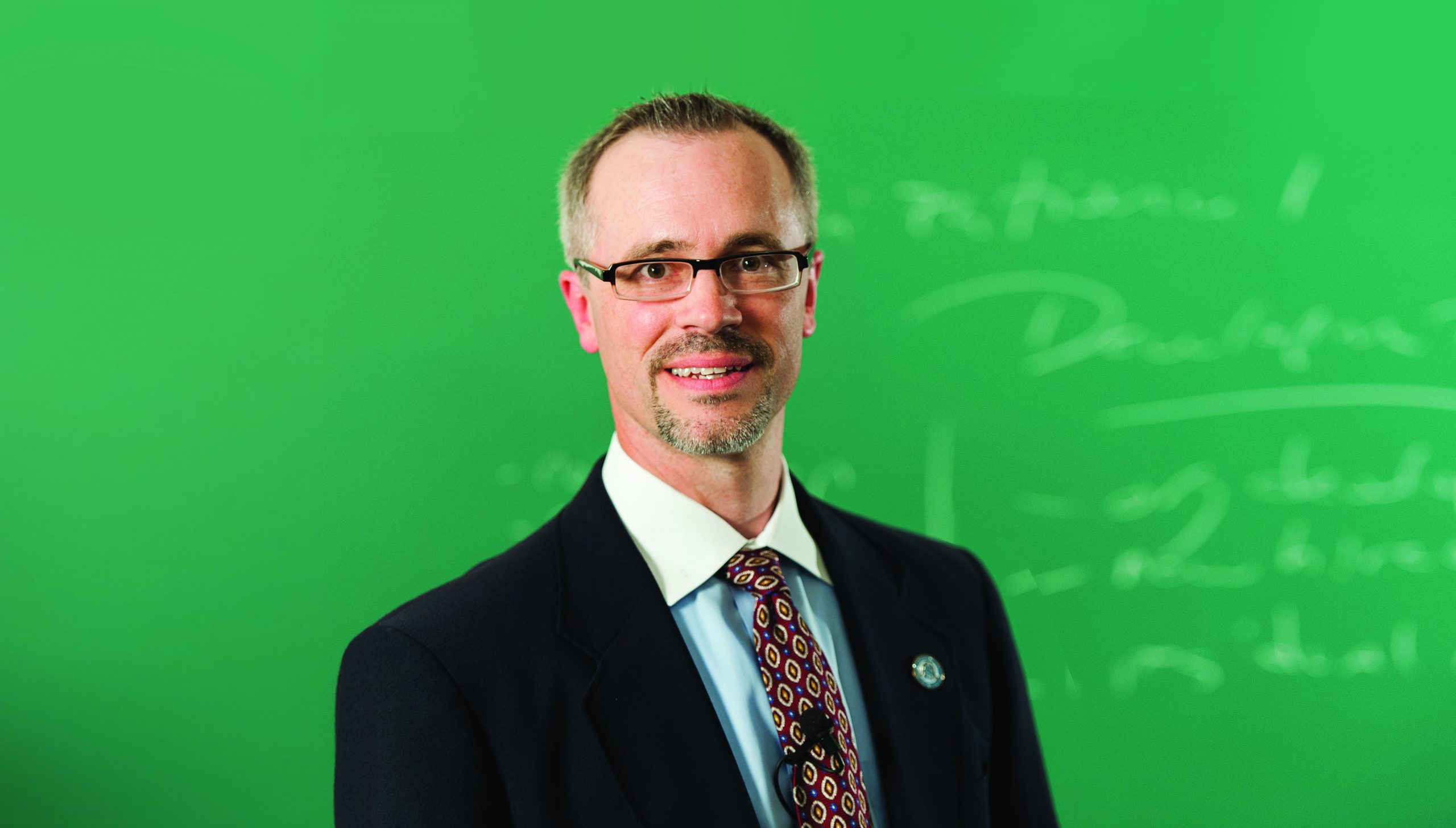The coronavirus pandemic has upended the way Americans are living their lives day-to-day — changes to our daily existence have been swift and disorienting. Faith and faith practices provide many with a strong foundation to face uncertainty or hardship. To learn more about the power of prayer and how we might incorporate it into our ever-evolving routines, Seton Hall magazine editor Pegeen Hopkins spoke with Michael St. Pierre, M.A.T. ’03/M.A.E. ’09, author of The 5 Habits of Prayerful People: A No-Excuses Guide to Strengthening Your Relationship with God. St. Pierre serves as executive director of the Catholic Campus Ministry Association.
Seton Hall: How do you define prayer?
St. Pierre: My research into the lives of the saints revealed a common thread: Prayer is growing an intimacy with God. It’s essentially a process of talking with God from your heart and listening. And doing that over and over again until it becomes a part of your life.
Seton Hall: Can prayer play a transformational role in someone’s life? How?
St. Pierre: It can. It has definitely transformed mine. It has made me more grateful. It has also made me more compassionate, because prayer gives you the space to turn things over in your day. And the Jesuits conduct a nightly examination of their day, which is a great practice for anyone.
Seton Hall: What suggestions do you have for someone looking to deepen a prayer practice or start one?
St. Pierre: Two things: One is to talk to someone who is prayerful and try to get to know how and when they pray and what that looks like. In my experience, very prayerful people are flexible in their prayers. As a result, they’re usually good at giving gentle advice as to how to pray. People could also start to read a prayerful person’s work, following them online and paying attention to how they pray.
The second thing is to build a habit. I just finished reading Atomic Habits by James Clear where he discusses how to help make a habit stick. It applies to prayer also. Start very small and do it very consistently. Begin with five minutes of silence and do that every day for a week. The week after, perhaps you start to talk to God: tell him about your day and ask him some questions. And do that for a week. When you do it every day, before you know it, you’re adding more minutes, and then you’re starting to sprinkle prayer throughout your day. That’s how God builds what I call spiritual momentum. Which, in my experience, is how people grow.
Seton Hall: What role do you see prayer playing in the lives of younger people?
St. Pierre: A lot of young people have a deep hunger for God. They might not have the vocabulary to express that on a regular basis, but they do have the hunger. And with the coronavirus, they’re displaced, but they’re still finding moments online where they can pray together. It might be through Zoom or calling in together. It is like an anchor for them. Students can’t get to Mass, but they need a touch point.
Prayer does that. It reminds us, “God is still good. We’re probably going to be OK.” Those moments of prayer don’t have to be long or fancy, but consistency is important. When young people pray together they realize they’re not alone and that other people want to be prayerful too.
Seton Hall: Anything else you might recommend for the broader population?
St. Pierre: We can’t be in churches right now, but this crisis is giving people permission to try things out online. Though it is not the same, it is still a meaningful way to be prayerful. The pope invited us all to pray the rosary at 4 o’clock today. What a great gesture, even if people don’t know how to pray the rosary or they’ve forgotten.
I would say too, if you know anybody who’s older or somebody even who’s quarantined right now, drop them a line, send them an email, shoot them a text. They need to hear from the rest of us.







